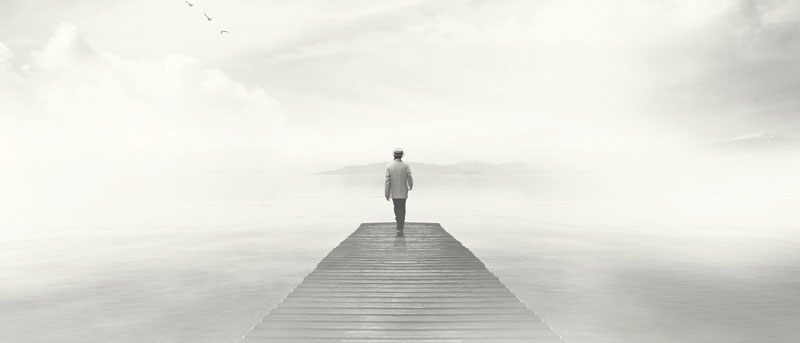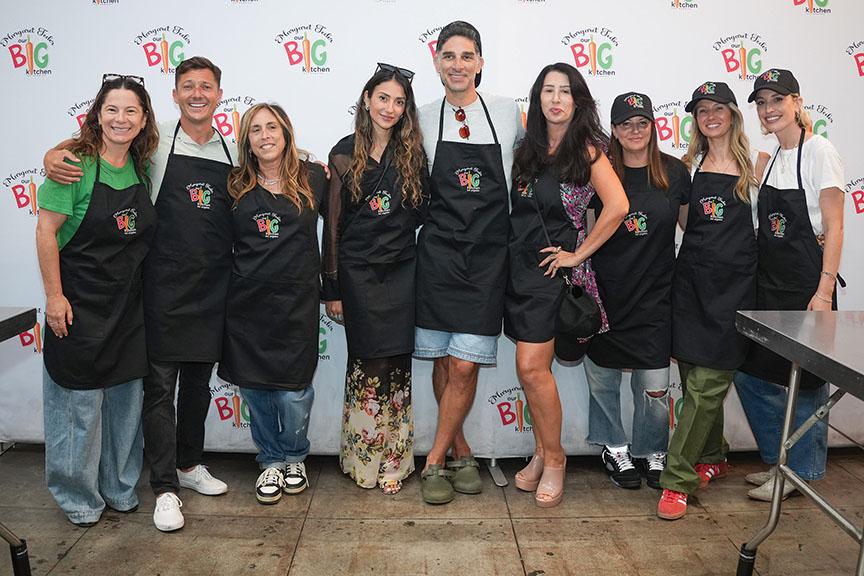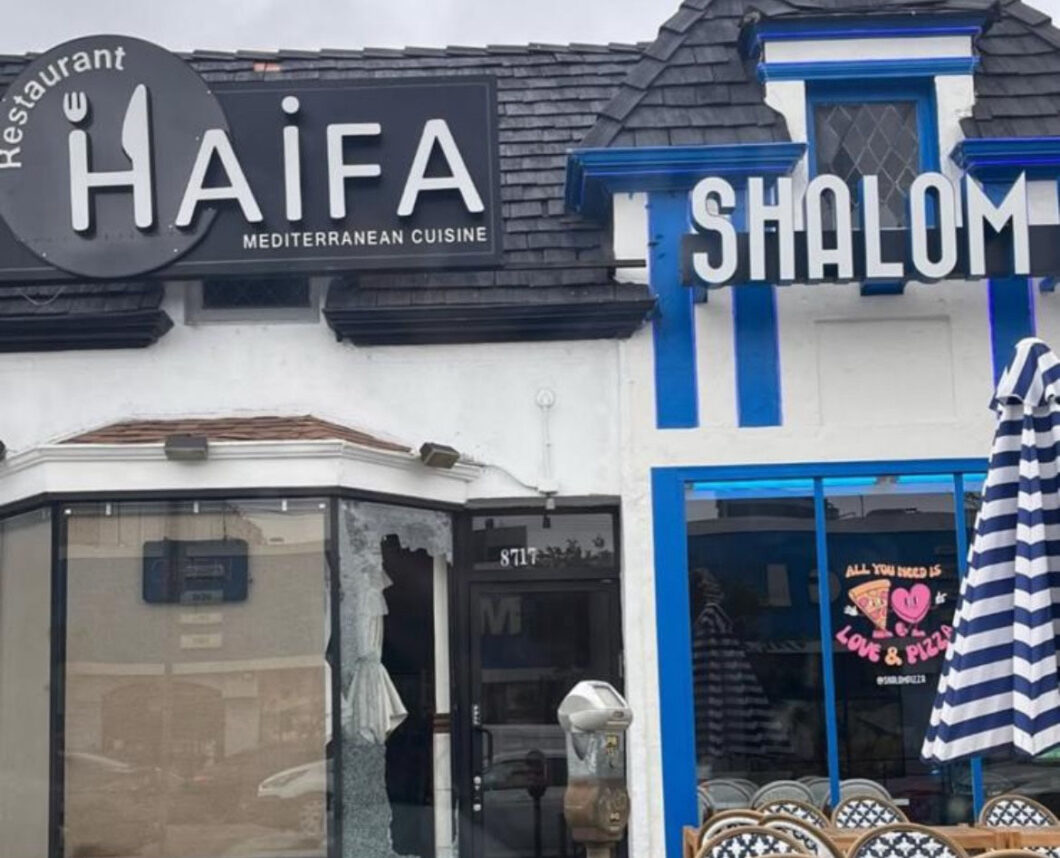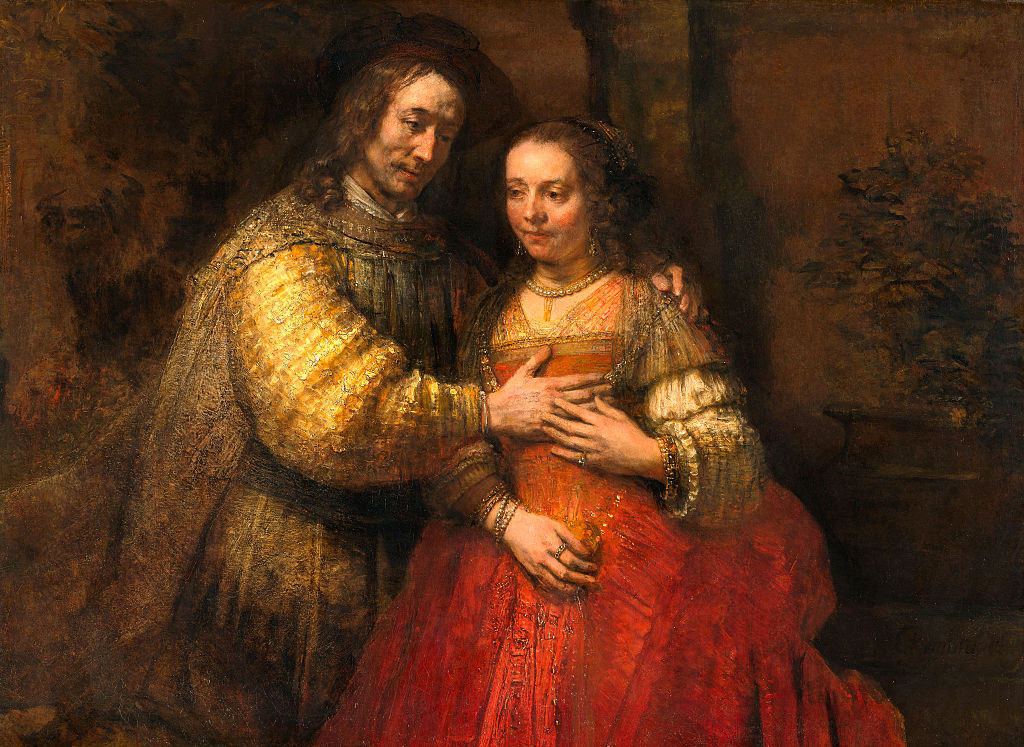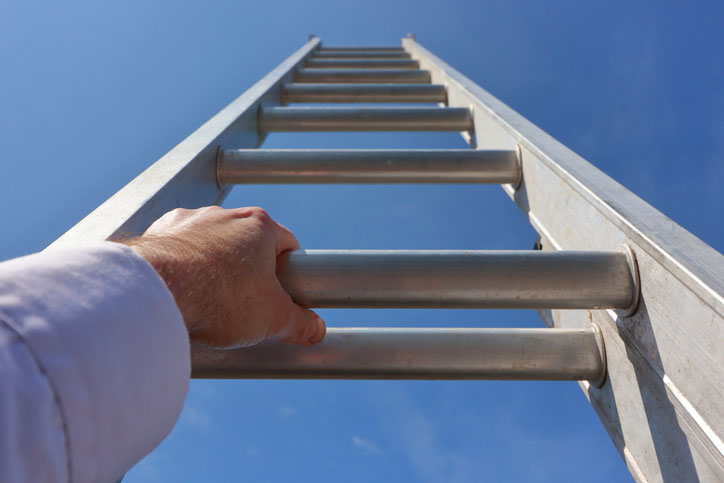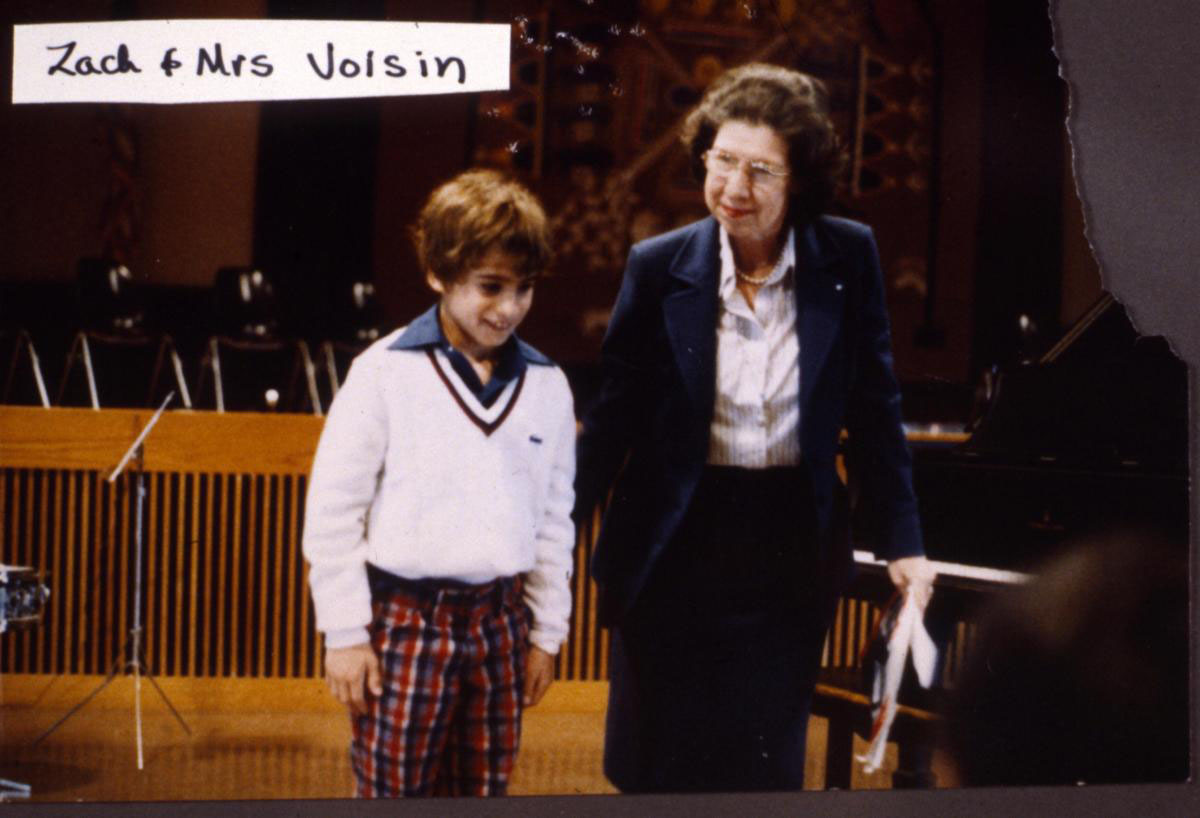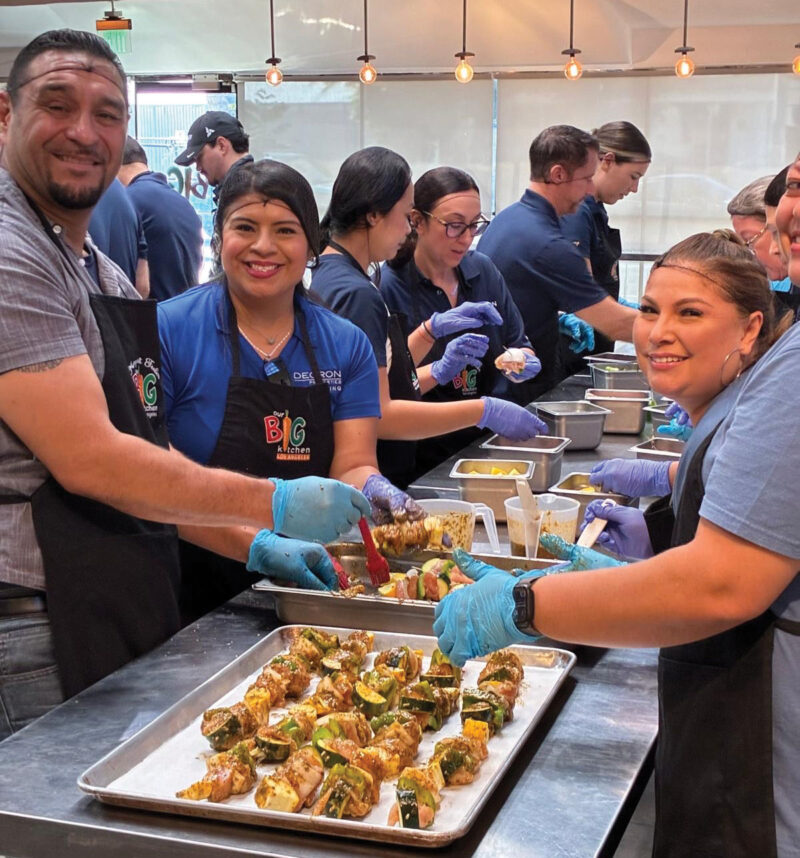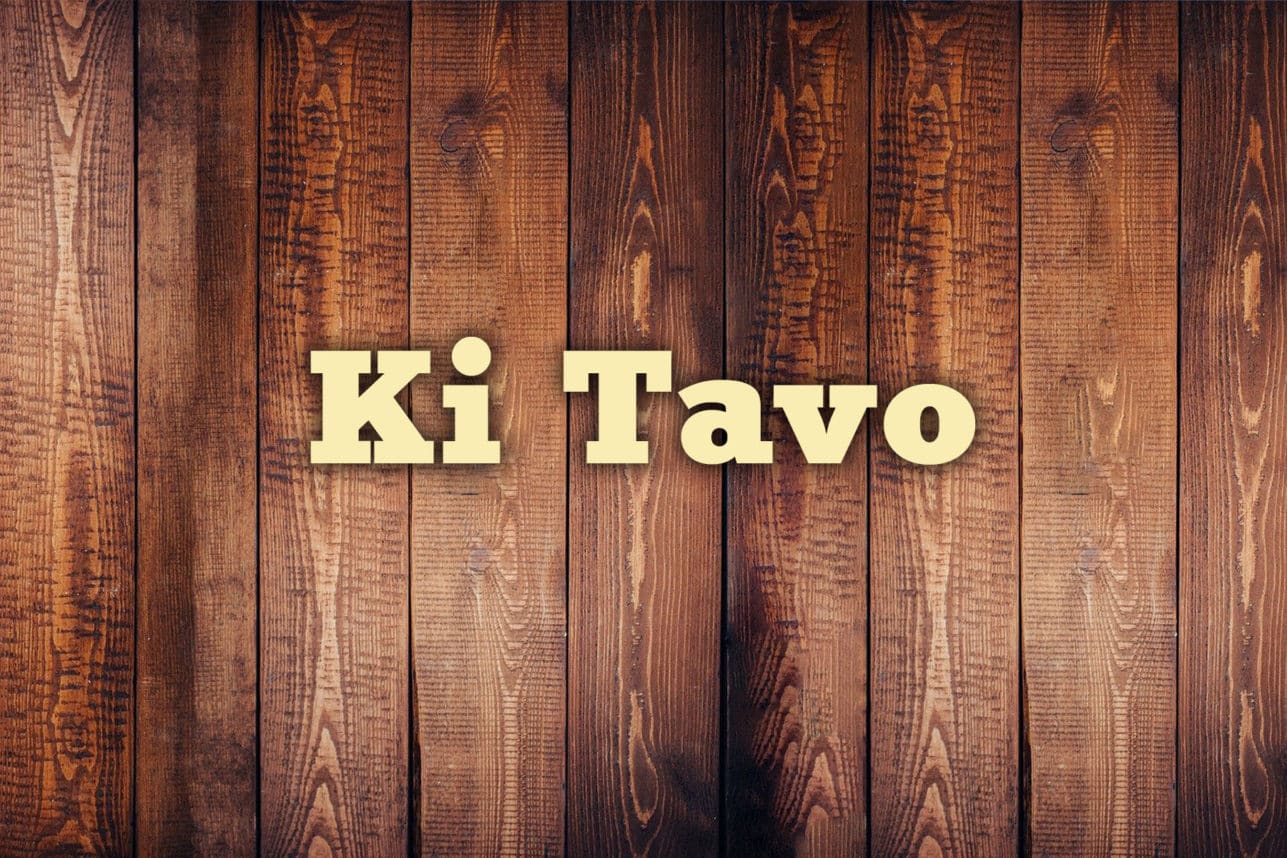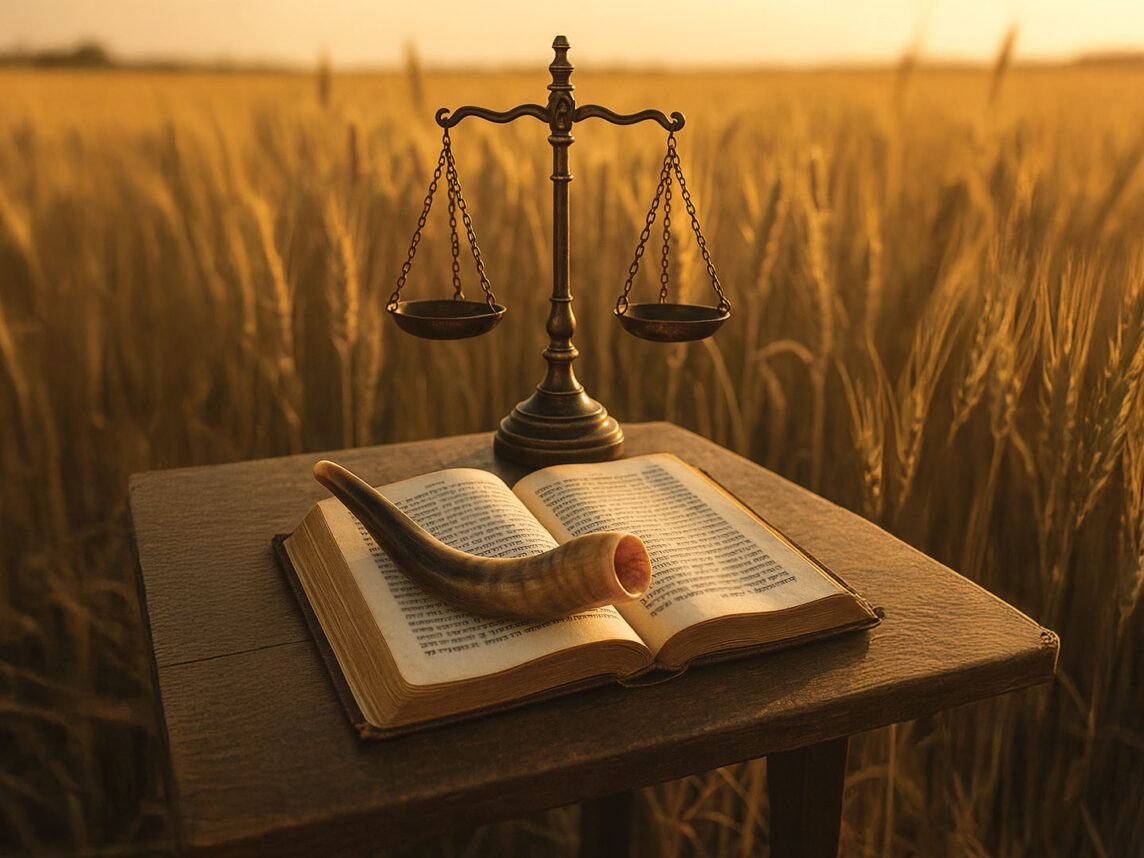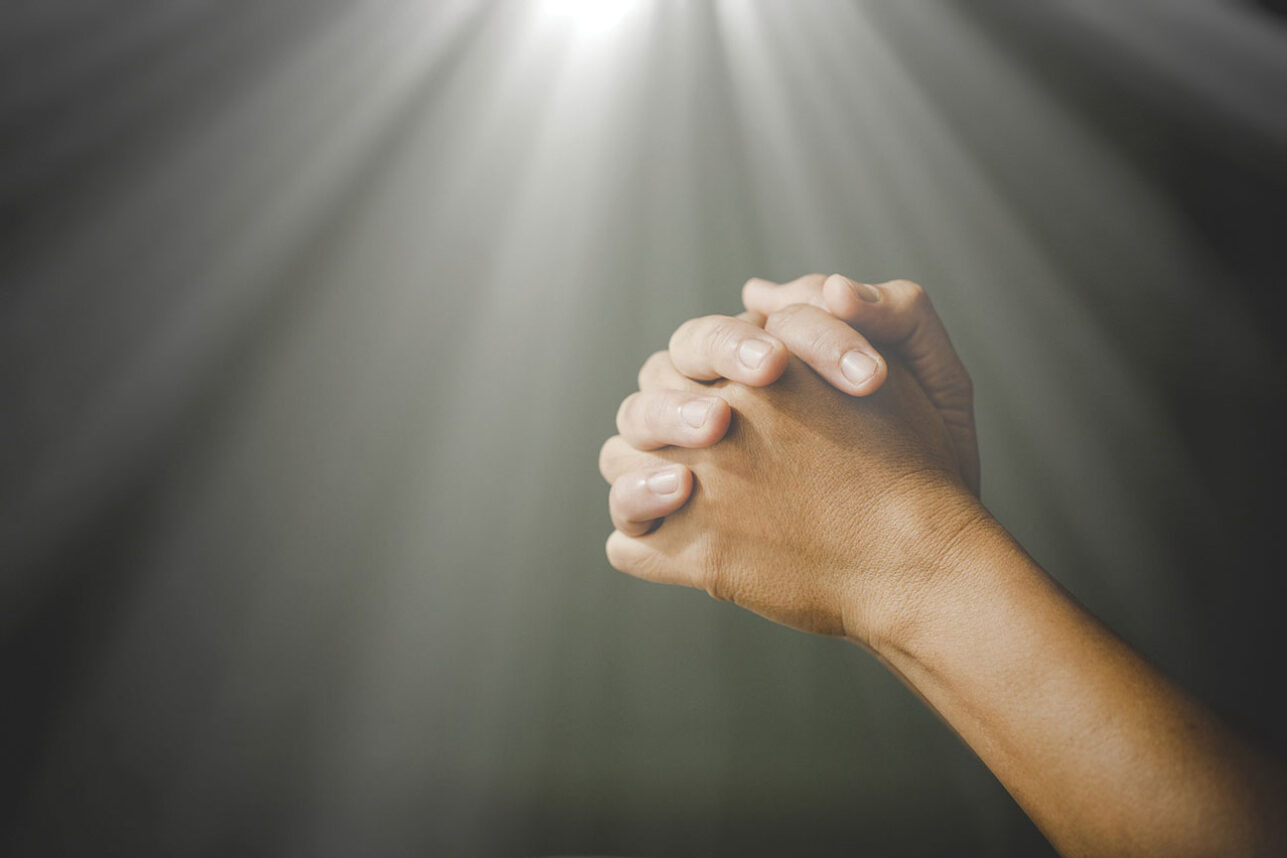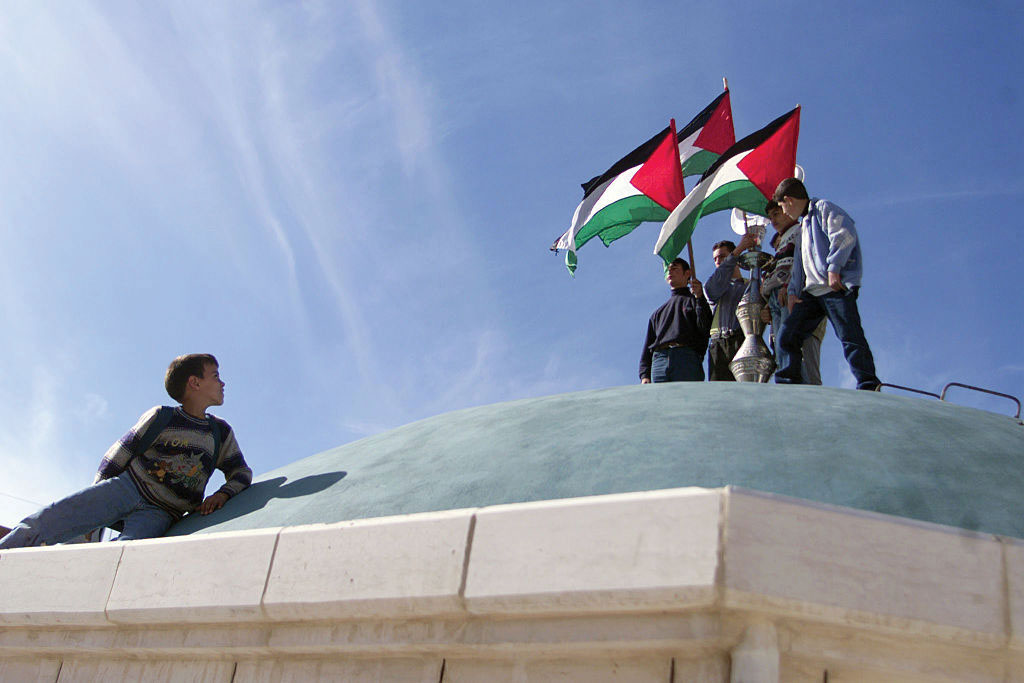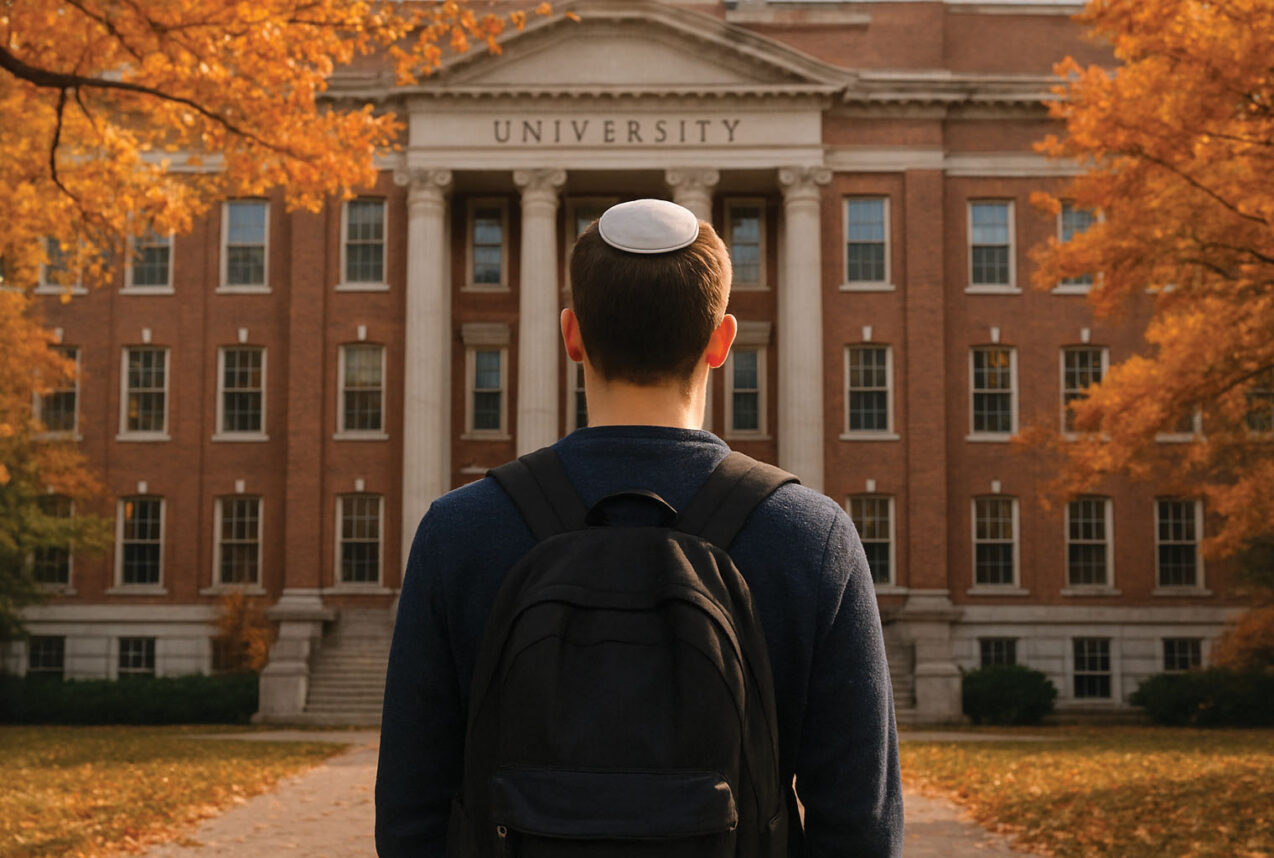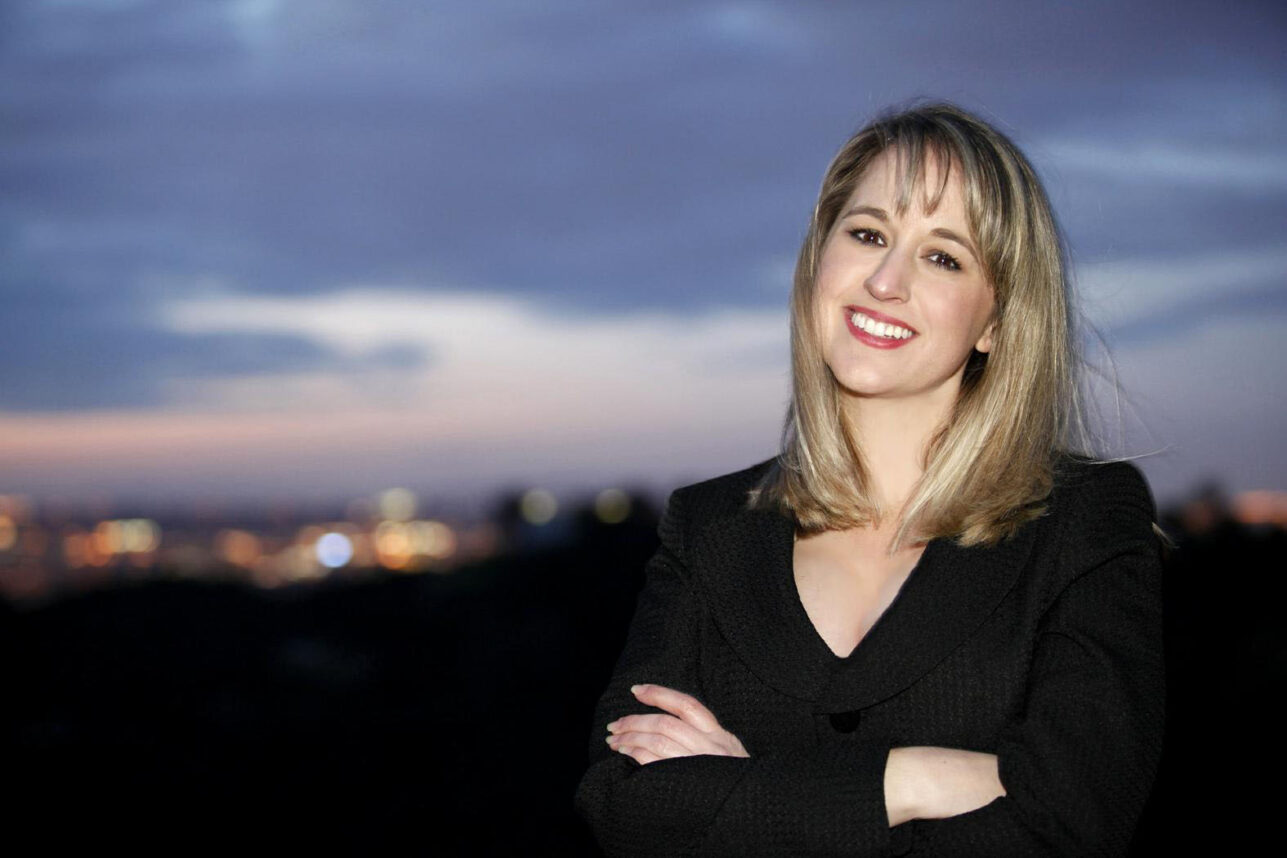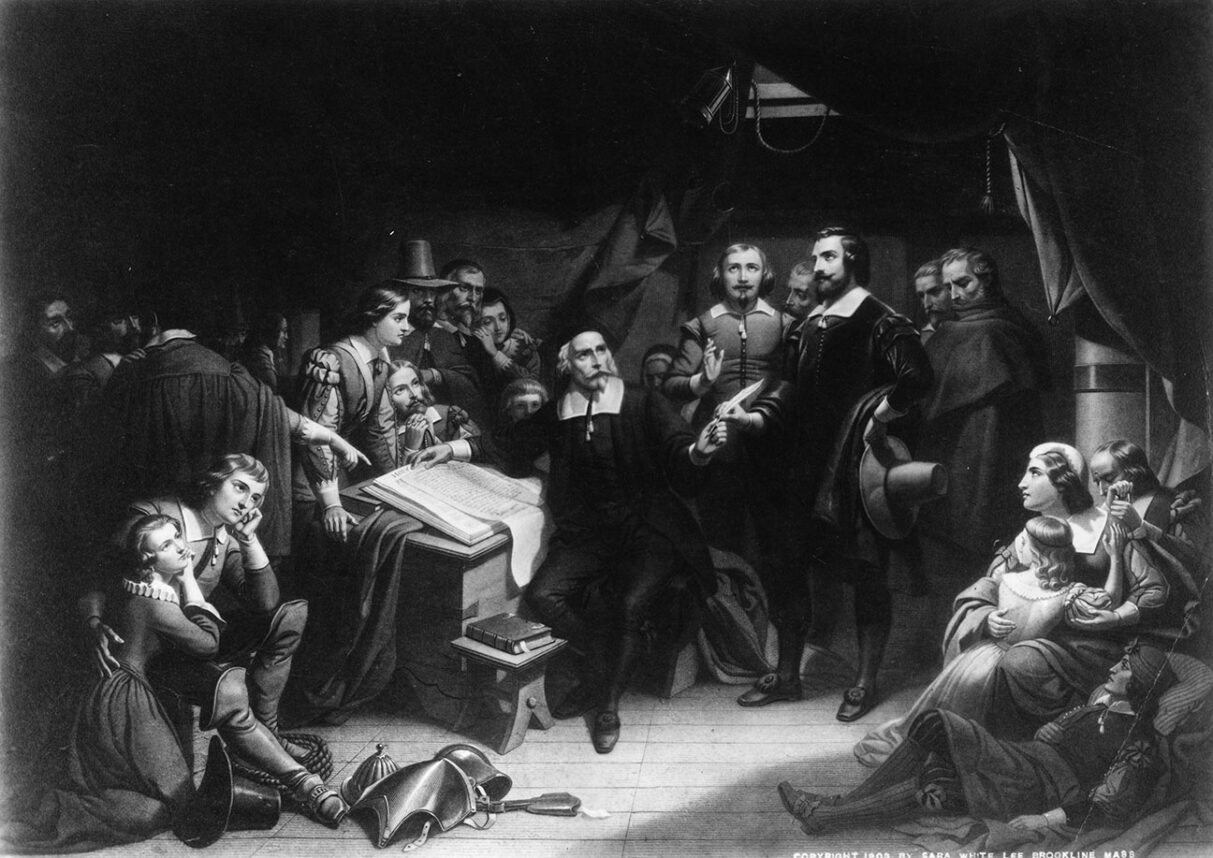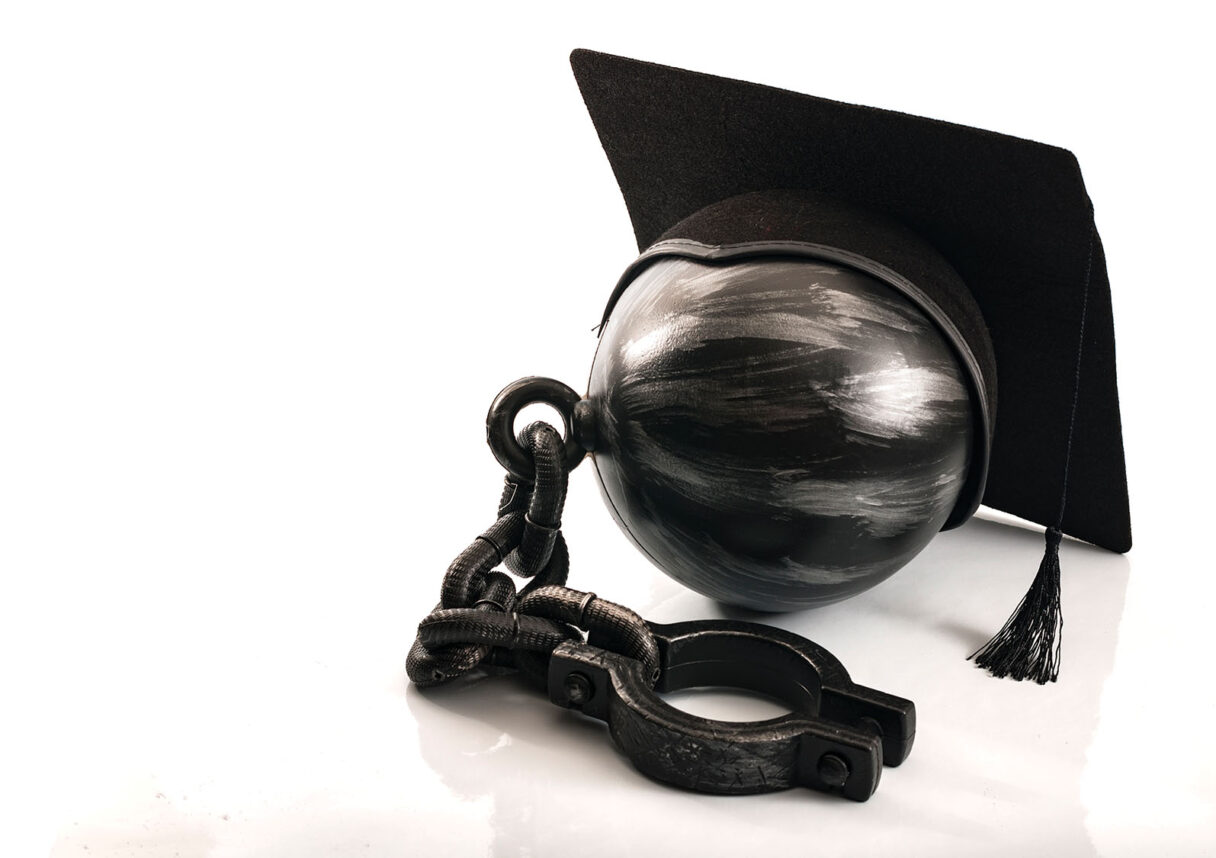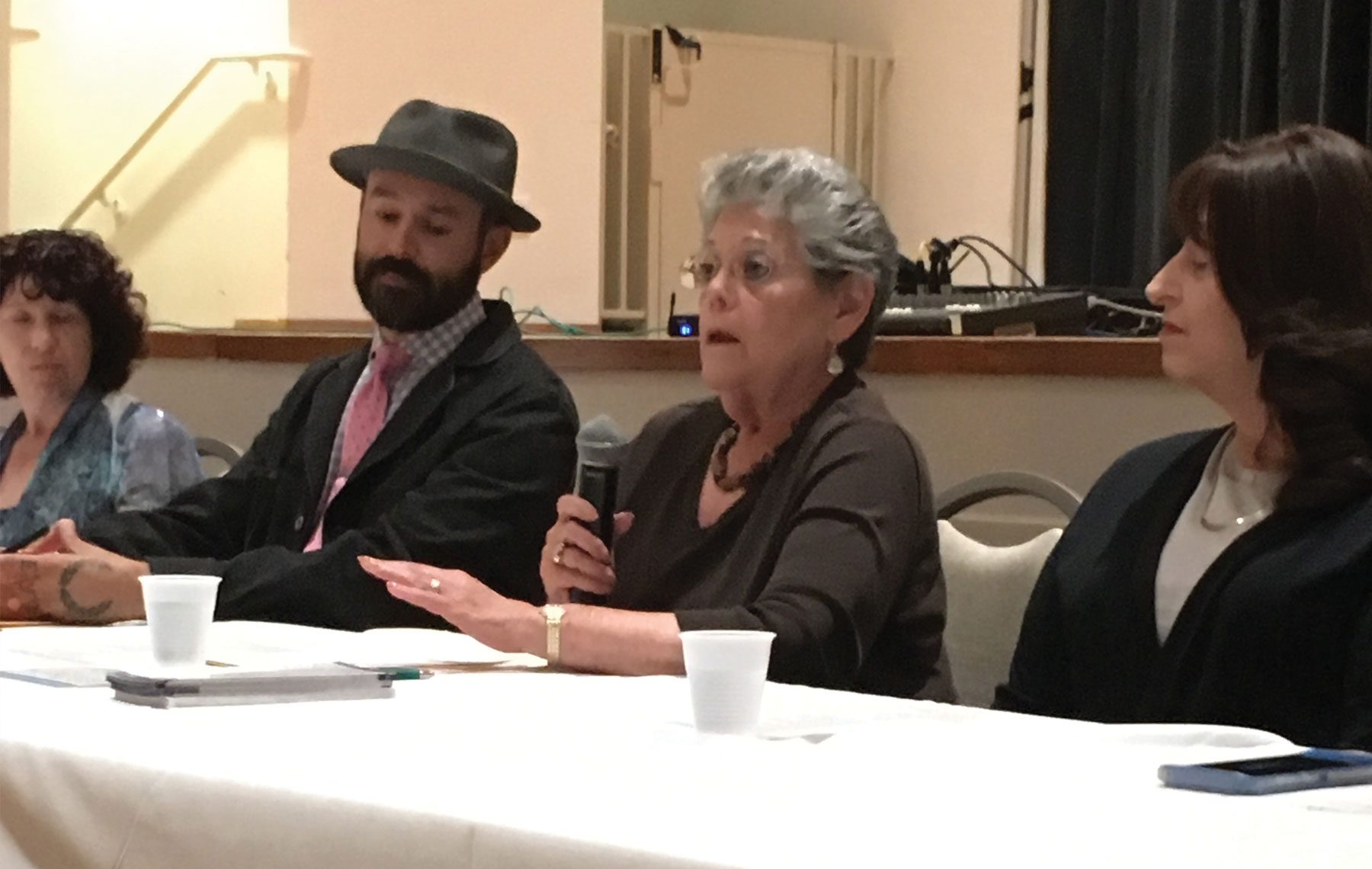
By all accounts, Benjamin Beezy was an outstanding and accomplished man. The Los Angeles native attended Emek Hebrew Academy, Milken Community High School, graduated summa cum laude from the University of Southern California, completed law school at the University of California, Irvine, and landed a job with a respected local law firm.
Beezy was active in the Jewish community, especially Chabad. Along the way, he made lots of friends. One of them was Jonah Sanderson, now a second-year rabbinical student at the Academy for Jewish Religion California.
Two months ago, Sanderson, 29, heard that Beezy had taken his own life at the age of 31.
Sanderson was shocked. It was hard to wrap his head around the fact that this seemingly healthy friend with two loving parents could do this. He felt compelled to do something in Beezy’s honor.
Sanderson asked Beezy’s parents, Tarzana residents Dr. Joseph Beezy, an emergency physician, and Miriam Beezy, an attorney, if they would approve of him organizing an event, in their son’s name, where people could talk about mental health and suicide. They said yes. And despite their overwhelming loss, they were intent on speaking at the event about Ben and his suicide, in hopes that they might help prevent others from a similar fate.
Sanderson then reached out to Rabbi Richard Camras of Shomrei Torah Synagogue, whom he considers a mentor, to see if he could host the event at the West Hills temple.
“He loved the idea,” Sanderson said. And so, on the evening of July 25, in front of about 200 people, some affiliated with Shomrei Torah and some not, the Beezys spoke briefly but compellingly about Ben.
“I almost took my own life a little less than two years ago. Raising awareness is, I think, the most important thing in making a change.” — Miriam Berman, 18
“If we can help save someone else, it would be so comforting,” Miriam Beezy said.
In addition to the Beezys, Sanderson arranged for seven speakers to share their perspectives on mental health and suicide, including Alyssa Berlin, a perinatal psychologist who called postpartum depression — which can lead to suicide — the “number one complication of pregnancy.”
Berlin cheered the fact that “a growing subset of the ob-gyn community is seeing the importance of screening for PMADs [perinatal mood and anxiety disorders].” However, she said, “there is still a lot of stigma about it, so we don’t talk about it.”
Rabbi Michael Silonius, founder of The Sparta Project, which takes veterans experiencing post-traumatic stress disorder on six-day retreats that its website says are designed to “detoxify the warrior of moral injury,” talked about the cumulative effects of daily stress and the importance of spiritual care.
Bamby Salcedo, a transgender Latina and the head of the Los Angeles-based TransLatin@ Coalition, said the transgender community is about 50 years behind the lesbian, gay and bisexual communities in terms of finding acceptance. “We are at the bottom of the totem pole,” she said. She underscored the prevalence of mental health issues among her transgender peers and the importance of “connecting heart to heart” with others.
One of the most compelling panelists was Miriam Berman, 18, a recent high school graduate who shared her struggles with depression, anxiety, Obsessive Compulsive Disorder. and the fact that mental health issues run in her family. Her mother, Rabbi Sara Berman, another panelist, wrote a book about her own struggle that came out last year: “Ben’oni L’Benyamin: From Sorrow to Strength: My Journey With Depression.”
“I almost took my own life a little less than two years ago,” Miriam said. Fortunately, she was immediately hospitalized. Although the ensuing hospital stay felt like a punishment at the time, she said, she credited it with saving her life. She also acknowledged that setbacks do happen. But today, she said, she feels certain of her calling: mental health advocacy and suicide prevention.
“I have been through it, so I know what it’s like,” she said. “Raising awareness is, I think, the most important thing in making a change.”








